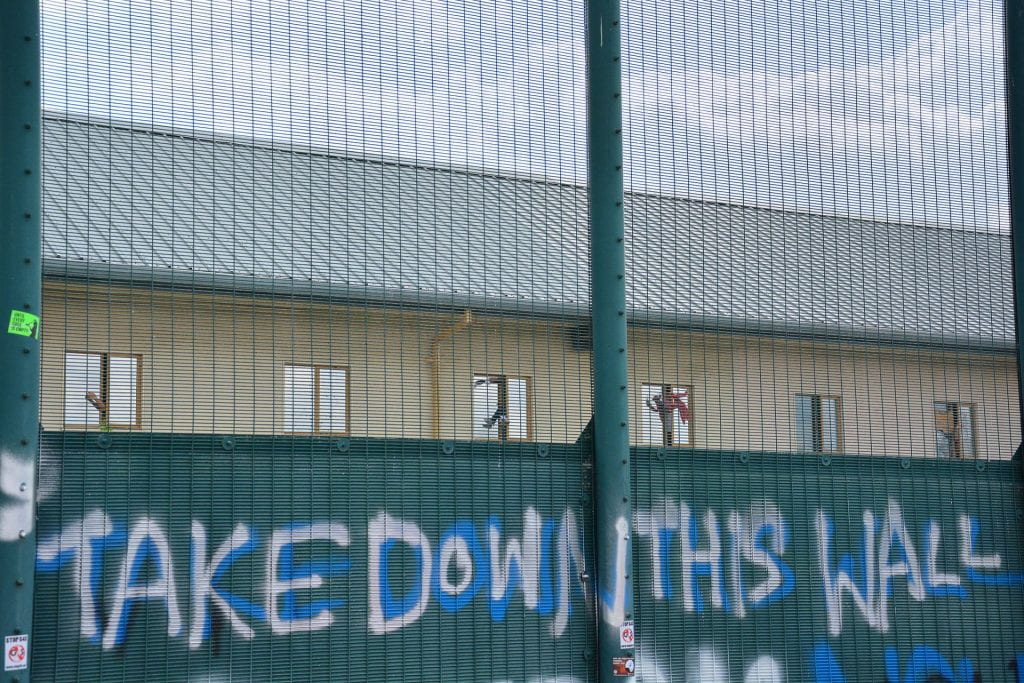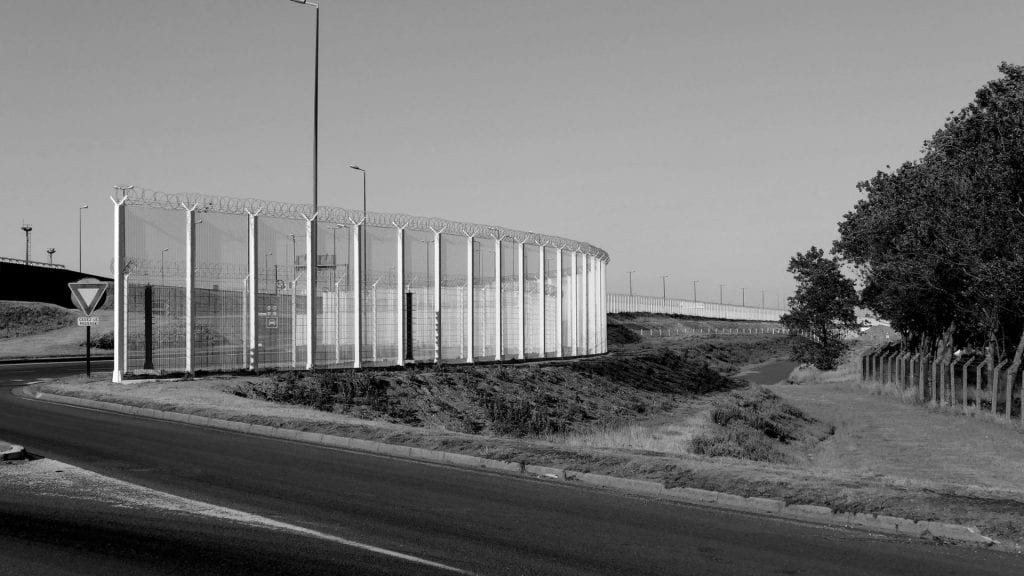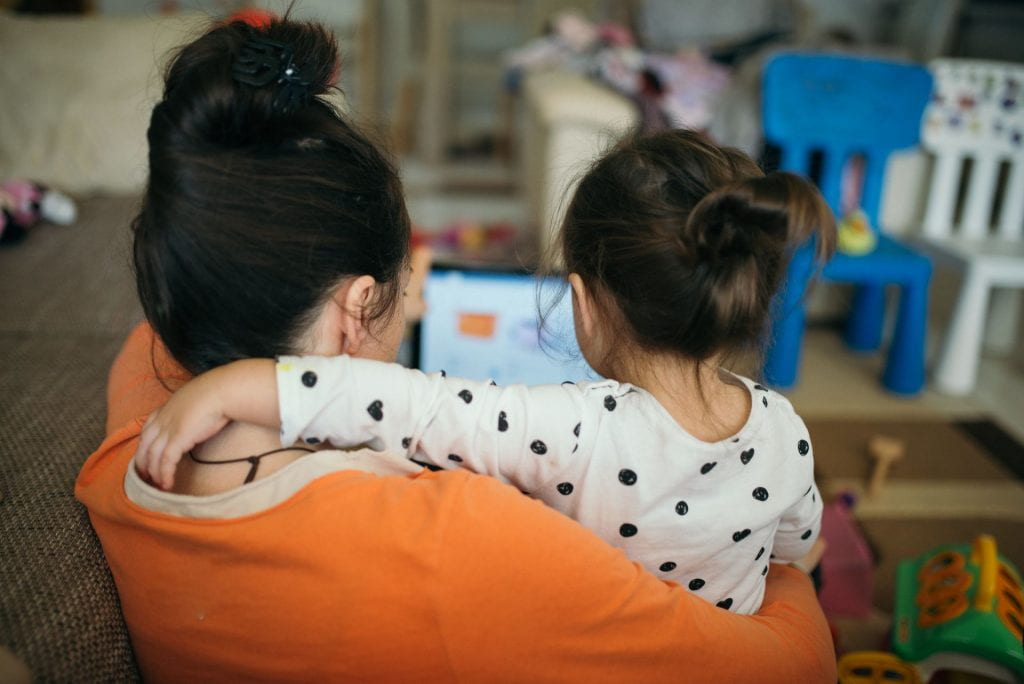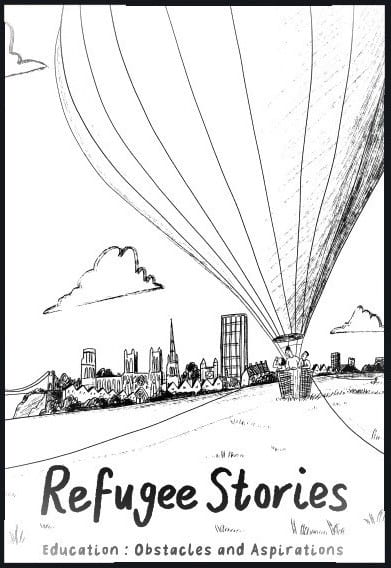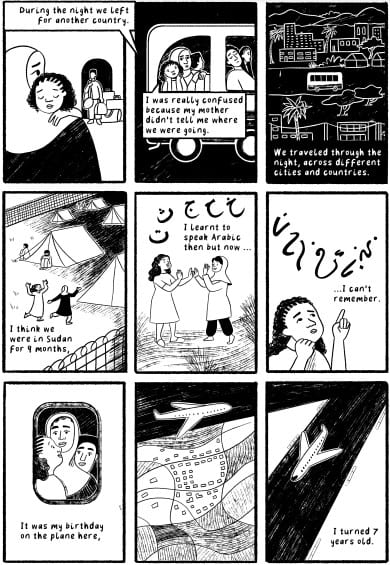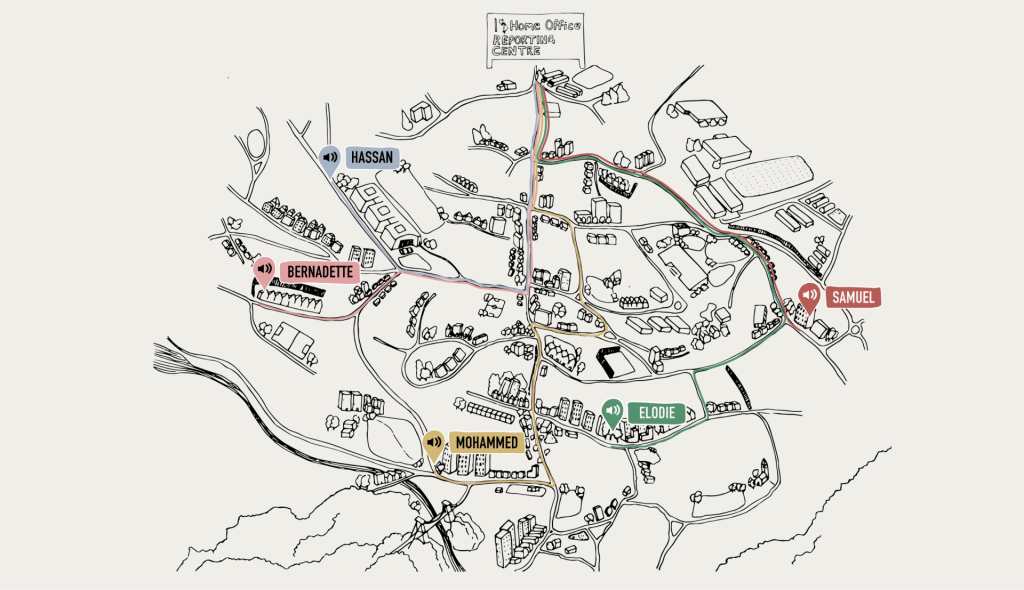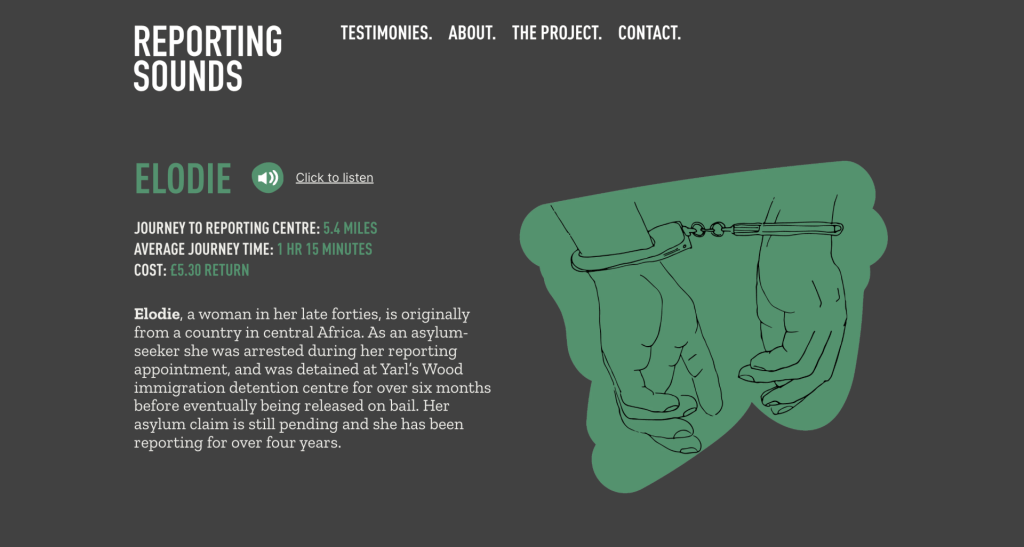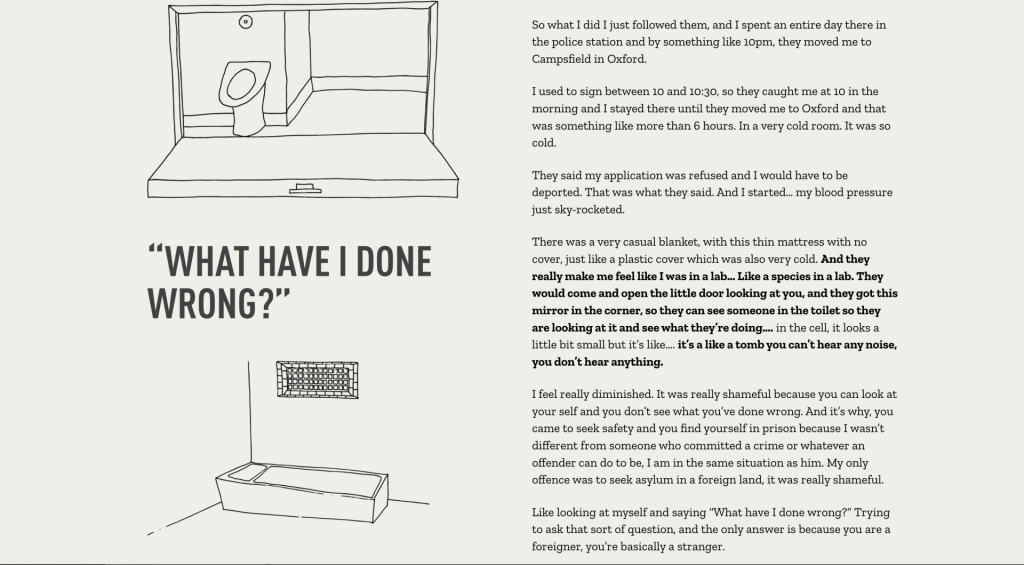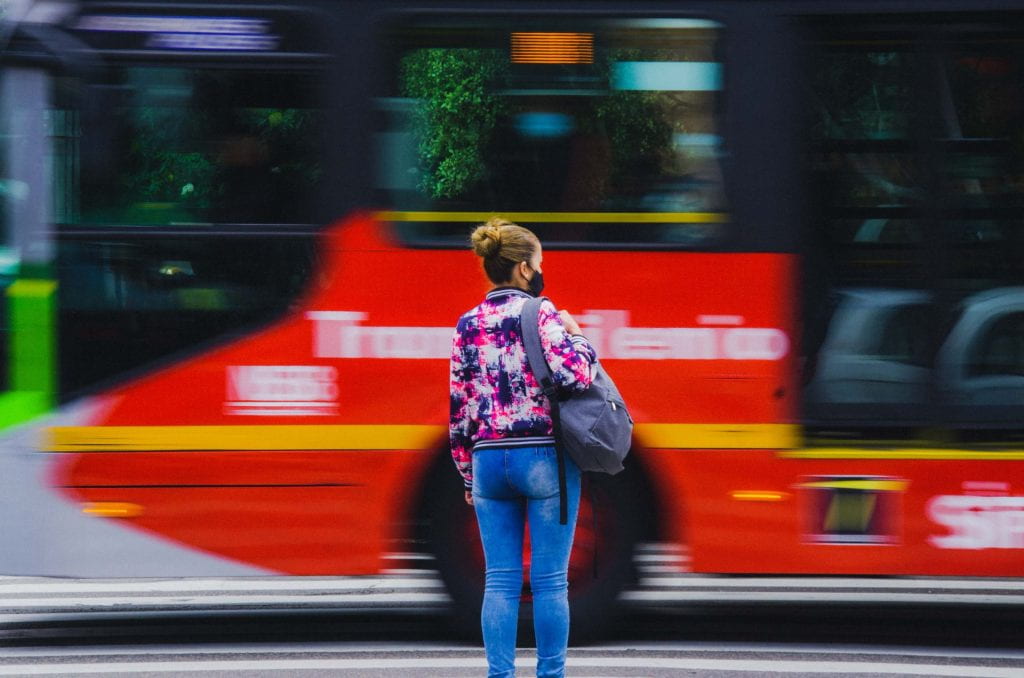By Dan Godshaw, Ann Singleton and Bridget Anderson.
We pay respect to the memory of the children killed and to those injured in Southport as well as their families.
In early August 2024 the UK experienced a wave of fascist violence and organised hate of the kind not witnessed since the 1980s. Far right activists ignited unrest throughout the country (largely England and Northern Ireland). Bricks, bats, boots and fists rained down on Black and brown people. Asylum hotels were attacked, set on fire and daubed with racist graffiti. Mosques, advice centres and immigration lawyers were threatened. Prime Minister Sir Keir Starmer described this hateful violence as the ‘mindless’ actions of ‘thugs’, but this wilfully ignores the politics of these events, stripping them of their economic and political meaning and potential remedy. The violence is racist violence, an assertion of white supremacy. A criminal justice crackdown is not enough. Counter demonstrations and chants – ‘we are many, you are few’ and ‘migrants are welcome here’ – show the strength of solidarity and opposition to racism, but they too are not enough. These are responses to symptoms, not to the underlying problems.

Analysing the symptoms is critical to understanding what led to this violence. The original pretext for the unrest was the false claim that the young man (at 17 years old, legally a child) arrested for the murder of three children in Southport had arrived in the UK on a small boat as an asylum seeker. He was, in fact, born and brought up in Cardiff and Lancashire but he was later unnecessarily identified as a ‘child of immigrants’. Those targeted for attack have been ‘non-whites’, asylum seekers and Muslims: ‘Get them out’, ‘Stop the boats’, ‘We want our country back’, ‘England,’ the rioters shouted. Resistance by allies of those targeted has been met with chants of ‘You’re not British anymore’. White Britishness is being used to rally ‘pro-British’ mobs. This mix of hostility to migration, racism and Britishness matters. Because while racism is not acceptable in polite society, hostility to migrants is too often represented and made respectable by the framing of ‘legitimate grievances’. In a statement later denounced by other Police and Crime Commissioners (PCCs) one of the country’s most senior police officers, the Hampshire and Isle of Wight PCC and chair of the Association of PCCs, put it like this:
The government must acknowledge what is causing this civil unrest in order to prevent it. Arresting people, or creating violent disorder units, is treating the symptom and not the cause. The questions these people want answering; what is the government’s solution to mass uncontrolled immigration? How are the new Labour government going to uphold and build on British values? This is the biggest challenge facing Sir Keir Starmer’s government.
Hostility to immigration and asylum has been drip-fed into political consciousness for more than a century, emerging from a long history of colonial racism. But in recent years the demonisation of asylum seekers has held a central place in British institutional politics. ‘Stop the boats’ is a slogan made ‘respectable’ by both former Conservative and current Labour ministers. Migrant numbers have been represented as an external, existential threat by successive Prime Ministers and Home Secretaries. Asylum was effectively outlawed by the Conservative’s 2023 Illegal Migration Act, but it was under the 1997 New Labour Government that the term ‘asylum seeker’ moved from a description of a legal status to a form of abuse. Their term saw policies become fixated on reducing asylum numbers, the withdrawal of asylum seekers’ permission to work and the dramatic expansion of the privately run immigration detention estate. This has for decades inflicted foreseeable and preventable harm on people held in what Chief Inspector of Prisons Charlie Taylor recently described as ‘truly shocking’ conditions, purely because of their immigration status.
The same New Labour Government introduced dispersal policies that housed asylum seekers away from support networks into cheap housing run by unaccountable private providers, often in areas where long-term residents were experiencing severe economic hardship and lack of investment. All these policies contributed to further division and toxifying of asylum politics, ‘othering’ asylum seekers and migrants. Racism is roundly decried, and rightly so, but migration ‘concerns’ are actively legitimised and cited as justification for more restrictive policies.
Across the world, human mobility is increasingly presented as a threat to citizens, with border deterrents a way to manage populations defined as surplus to the needs of capital. By framing migration as an invasion and drawing sharp lines between ‘us’ and ‘them’, wealthy nation states pursue a war on migration. Supported by a growing border industry, in which profits are made by corporations subcontracted to prevent, detect and deter unauthorised movement, states enact what activists and scholars have termed ‘border violence’, resulting in death and injury. Violent borders such as razor-wire topped fences maim and trap people in ‘death zones’ between states; these borders are internalised within bureaucracies, universities, hospital and schools; they exceed territoriality through boat and land pushbacks and offshore detention sites. The failure of national and European policies has fatal consequences. But rather than facing and responding to these failures, politicians blame the illegal and extortionate markets they themselves have created for human smuggling, claiming these are the sole cause of untold numbers of deaths during migration.
According to the narrative pushed by Starmer and others about the rioters, it is ‘thugs’ who get confused between migrants and the mosque-attending ‘multi-cultural’ public, or between asylum seekers and the social care worker going about her business. Yet the Windrush scandal demonstrates, if demonstration were needed, that creating a ‘really hostile environment for illegal migration’ also means creating a really hostile environment for Black and brown people whatever their citizenship. As the poorly trained general population is increasingly drawn into immigration enforcement, often anxious to err on the side of the law they rely on race and/or ethnicity as a marker of national difference, thereby exposing how ideas of Britishness are in practice bound up with whiteness. As A. Sivanandan, former director of the Institute of Race Relations, observed many years ago ‘We all carry our passports on our faces’.
The phrase ‘mindless thuggery’ mobilises a slur used in the UK and the US against economically marginalised people who are also racialised. Austerity-driven economic policies have produced social and economic conditions that have pitched impoverished communities racialised as white against those racialised as Black and ‘other’. Migration policies focused on reducing people to the essentialised identity of ‘migrant’ have created legitimacy for these attacks. What is needed, alongside incisive placards, demonstrations and counter chants, is a political ground shift. Migration, as a fundamental dimension of human life, must be normalised and accounted for across all areas of public policy. The hostile environment must be dismantled. Politicians must stop scapegoating ‘migrants’ for the social harms of neoliberalism. Instead, they must address elite power and inequality, and invest in housing and public services. We have had enough of decades of state and corporate-driven violence at the border and elsewhere. With anything less than a fundamental shift in political discourse, racist violence on the street, whether random or organised, will not go away.



